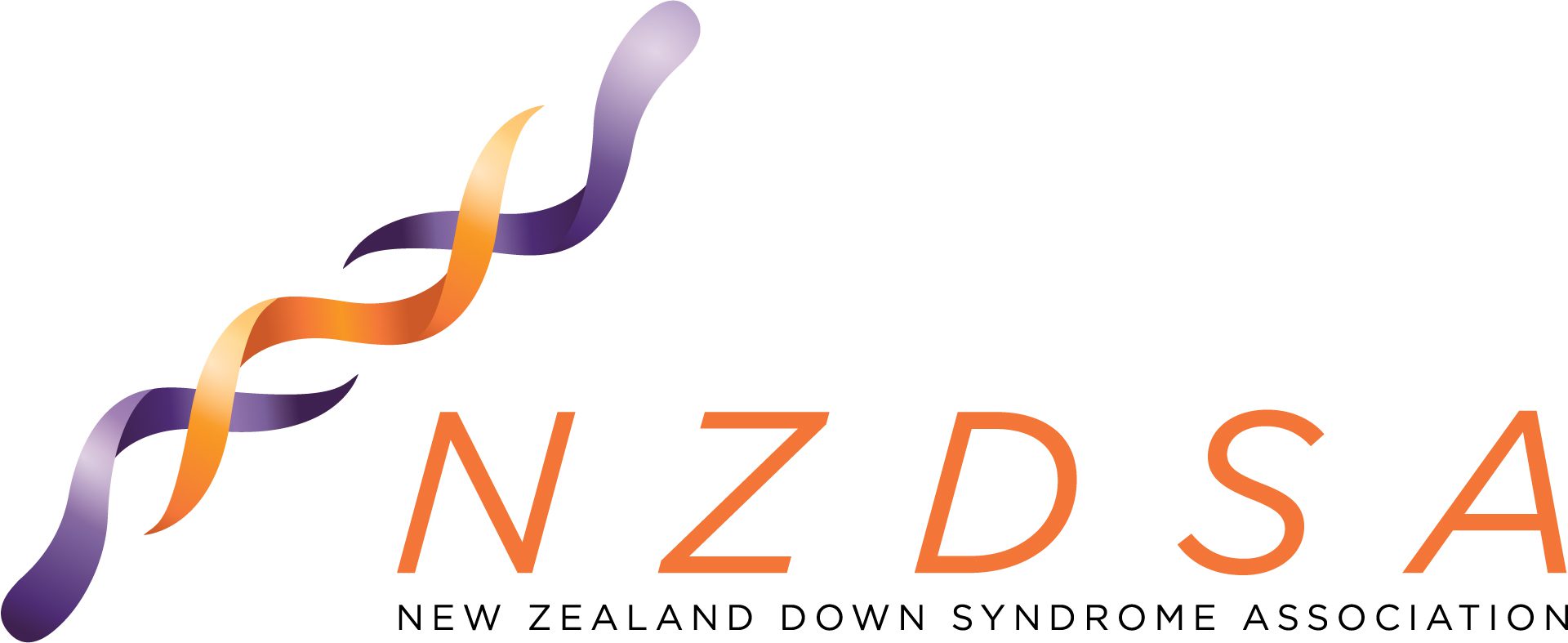For the last ten years, I’ve specialised in working with children with Down syndrome. I’ve seen the way ‘early intervention’ yields long-lasting benefits for the child and their family. ‘Early intervention’ for children usually means the first five years.
They are the golden years for setting kids up for how you want them to thrive.
Here’s my five top tip gems for getting a great start:
1. Aim high, have fun!
Research on families with a child who has a sole diagnosis of Down syndrome has found them to have essentially the same quality of life potential as everybody else.
Adjustments to priorities and routines must be made of course. Have high expectations, seek support from others and have as much fun as you can. Which is pretty much the same for kids everywhere.
2. Get active early!
It’s never too late to start speech therapy. But the more time and energy you can invest in the early years, the bigger the pay off.
Six months of age is a great time to get going. Tap into the critical development periods, when the brain is geared for learning. Get networked in withother families of children with Down syndrome.
Build genuine partnerships with the right team of skilled, caring professionals who support, inspire and empower you. Put time aside for home practice and courses. And speak up when you need to – you know your child better than anyone, so you are their best qualified advocate.
3. Keep the ear infections at bay!
Eighty percent of children with Down syndrome are prone to recurrent ear infections. It may sound minor, but hearing impairment has a significant long-term impact on speech and language development, with flow on effects to all areas of life and learning.
Some children won’t show obvious symptoms. Ask your GP to monitor them regularly.
4. Have fun with new words every day!
Whether you sign, say, or act something out, it all adds to your child’s vocabulary. Children with Down syndrome sometimes struggle as they don’t always perceive or recall spoken words. Children who learn to repeat words accurately are better at taking in new vocabulary. And the larger their vocabulary, the better their spoken language and long-term
communication ability. This also helps set them up for literacy and school.
5. Attend an SLT Hanen workshop.
This teaches the basics of human communication – why and how children communicate. Children whose parents use Hanen produce more spoken and/or signed words.
It’s also great for your relationship with your child.
Attend a Makaton workshop too. Signing is a useful way to relieve early frustration, teach children the foundations of language, and provide a stepping stone to talking. Sign up for these courses while your little one is between 6-24 months to get the most out of them.
Every parent will be faced with an avalanche of decisions about their child throughout their life. But taking these first proactive steps will put you and your child in the driving seat.

